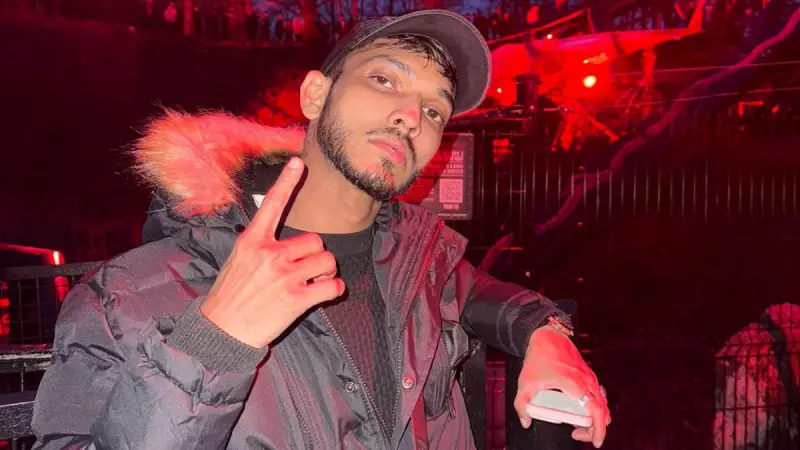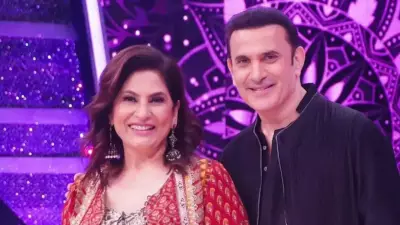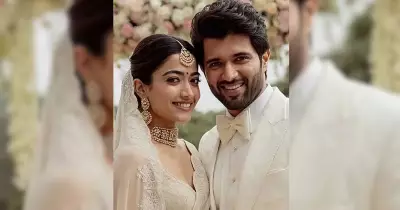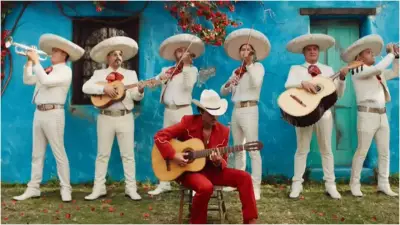
Pakistani rapper Talha Anjum has ignited a firestorm of controversy after waving the Indian national flag during a recent concert performance. The incident, which occurred during his show, has drawn widespread condemnation from various quarters while simultaneously creating a polarized response from fans and critics alike.
The Controversial Concert Moment
During what appeared to be a routine performance, Talha Anjum made the unexpected gesture of waving the Indian tricolor flag while on stage. The act immediately caught attention and quickly spread across social media platforms. The incident took place recently and has since become one of the most talked-about controversies involving artists from Pakistan.
Eyewitness accounts and video footage from the concert show the rapper holding the flag during his performance, a move that many interpreted as either a political statement or an attempt at cultural bridge-building. However, the gesture was met with immediate backlash from certain sections of the audience and later from online commentators.
Defiant Response Fuels Further Controversy
Rather than offering an apology or clarification, Talha Anjum responded to the criticism with defiance. The artist explicitly stated 'I'll do it again' when confronted about the incident, indicating that he stood by his actions and had no regrets about the controversial display.
This uncompromising stance has further polarized opinions about the rapper's actions. Supporters have praised his courage and what they perceive as a message of peace and unity between the two neighboring nations. Critics, however, have accused him of disrespect and attention-seeking behavior.
The rapper's response has been characterized by its straightforward nature, without any attempt to justify or explain the symbolism behind his actions. This has left room for multiple interpretations while maintaining the controversial nature of the incident.
Growing Backlash and Public Reaction
The backlash against Talha Anjum has been substantial and multi-faceted. Social media platforms have been flooded with reactions ranging from outrage to support. Many users have expressed strong disapproval of the flag-waving incident, citing the complex political history between India and Pakistan as context for their anger.
Several prominent voices from both entertainment and political spheres have weighed in on the controversy. The incident has sparked debates about artistic freedom, national pride, and the role of artists in political discourse. Some commentators have questioned whether such gestures genuinely promote harmony or simply create unnecessary tension.
The controversy has also highlighted the sensitive nature of India-Pakistan relations and how seemingly small gestures can trigger significant emotional responses from people on both sides of the border. The incident serves as a reminder of how deeply national symbols are valued and protected by citizens.
Broader Implications for Cultural Exchange
This incident raises important questions about the boundaries of cultural expression and the responsibilities of artists when performing across borders. The controversy comes at a time when cultural exchanges between India and Pakistan remain limited due to ongoing political tensions.
Some observers have noted that while artistic freedom is important, artists must also be mindful of the historical and political context in which they operate. The incident has sparked discussions about whether artists should avoid political symbolism altogether or use their platform to promote messages of unity despite potential backlash.
The situation continues to develop as more reactions pour in from various stakeholders. The lasting impact of this controversy on Talha Anjum's career and on India-Pakistan cultural relations remains to be seen. However, the incident has undoubtedly highlighted the powerful emotions that national symbols can evoke and the complex role of artists in navigating political sensitivities.
As the debate continues, one thing remains clear: the waving of the Indian flag by a Pakistani artist has touched upon deep-seated sentiments that reflect the complicated relationship between the two nations. The incident serves as a potent reminder of how art, politics, and national identity often intersect in unexpected ways.






